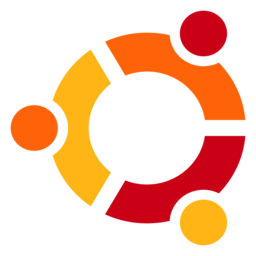Features and components
Dashboard
The Elephant Shed offers a full-blown web interface to administrate PostgreSQL databases. You can manage database users, create or alter new schemes or change configuration. This can all be done in your browser easily.
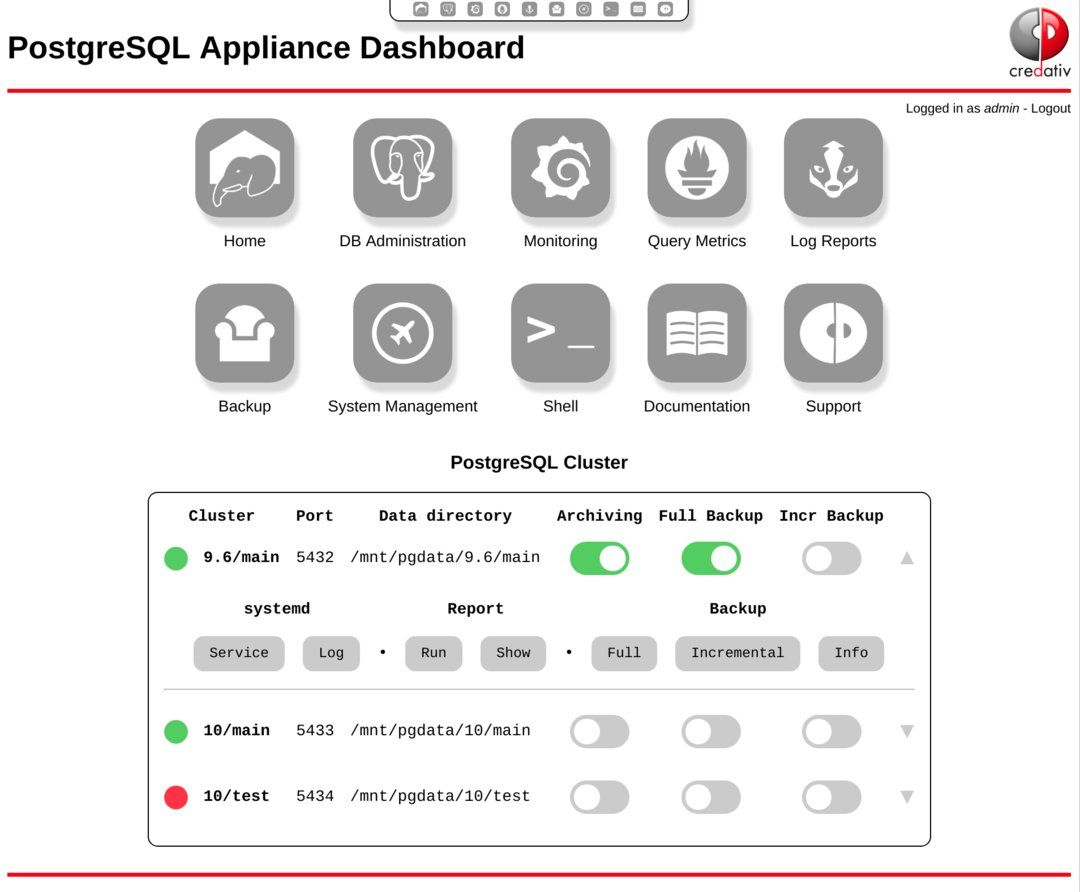
Performance metrics
The specially developed performance monitoring enables detailed insight into the underlying system and all its relevant database metrics. Thus, performance bottlenecks can be eliminated at a glance, and possible sources of error can be identified. The monitoring system adjusts itself to the circumstances automatically. Newly created PostgreSQL instances and databases are automatically captured. A complex and error-prone configuration of the system is no longer necessary. The performance dashboard is created using Grafana.
Capturing and aggregation of the metrics is done using Prometheus and several exporters.
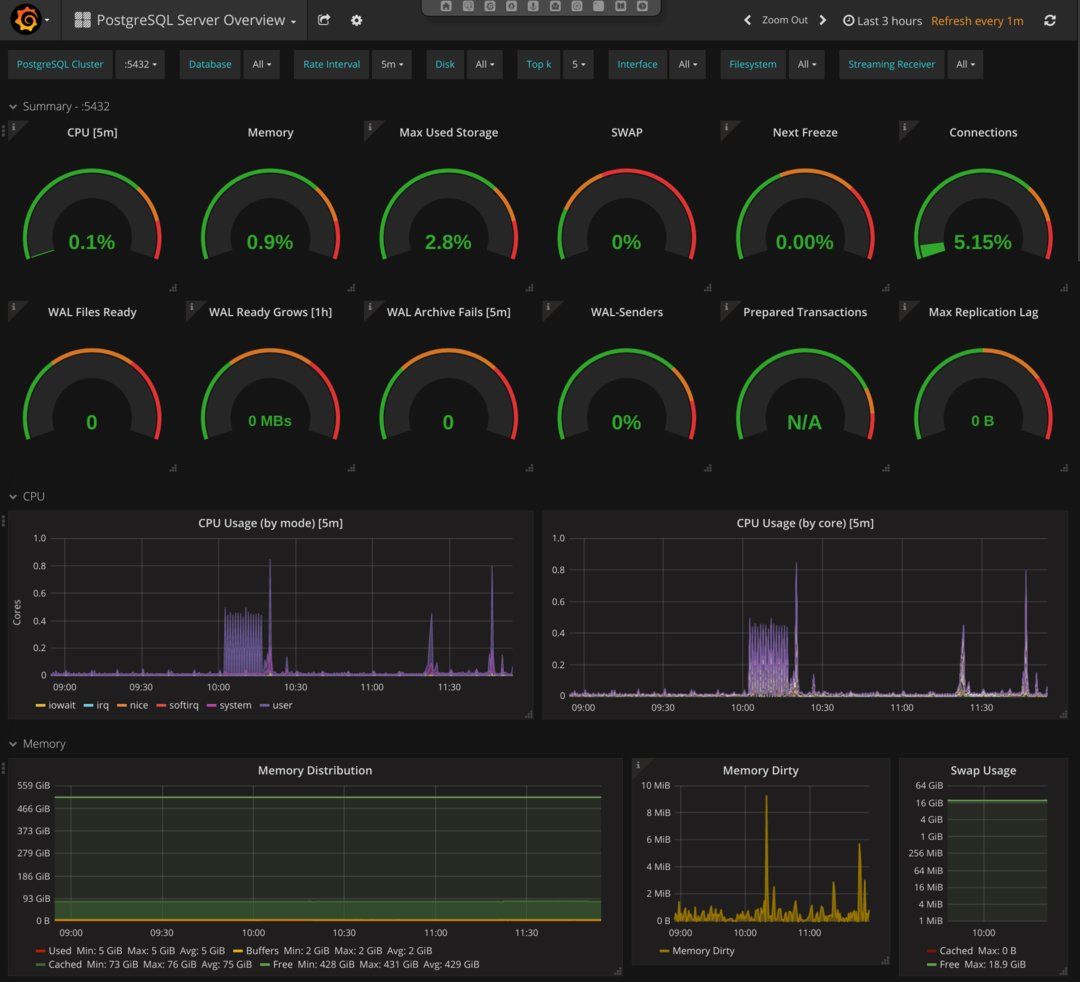
Log file analysis
Automated summary of logged events allows a quick analysis in case of need. It doesn’t matter whether you want to analyze failed login attempts or a runtime of a SQL query.
The automatically generated report displays all relevant information and presents a quick overview.
To access the reports, pgBadger is used.
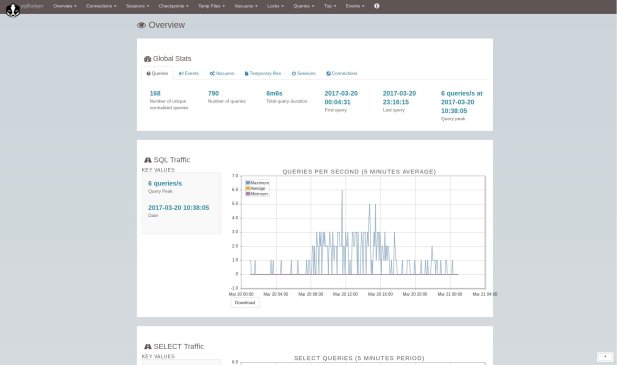
Backup your database
Data security is important. The backup system is preconfigured in a way, that not only makes it possible to restore the data, but also to determine the recovery time point to the nearest second.
To do this, you can simply select the instance or cluster for which the Backup should be activated and whether archiving for “point in time recovery” is also desired.
For the backups pgBackRest is used and supplemented by our GUI accordingly.
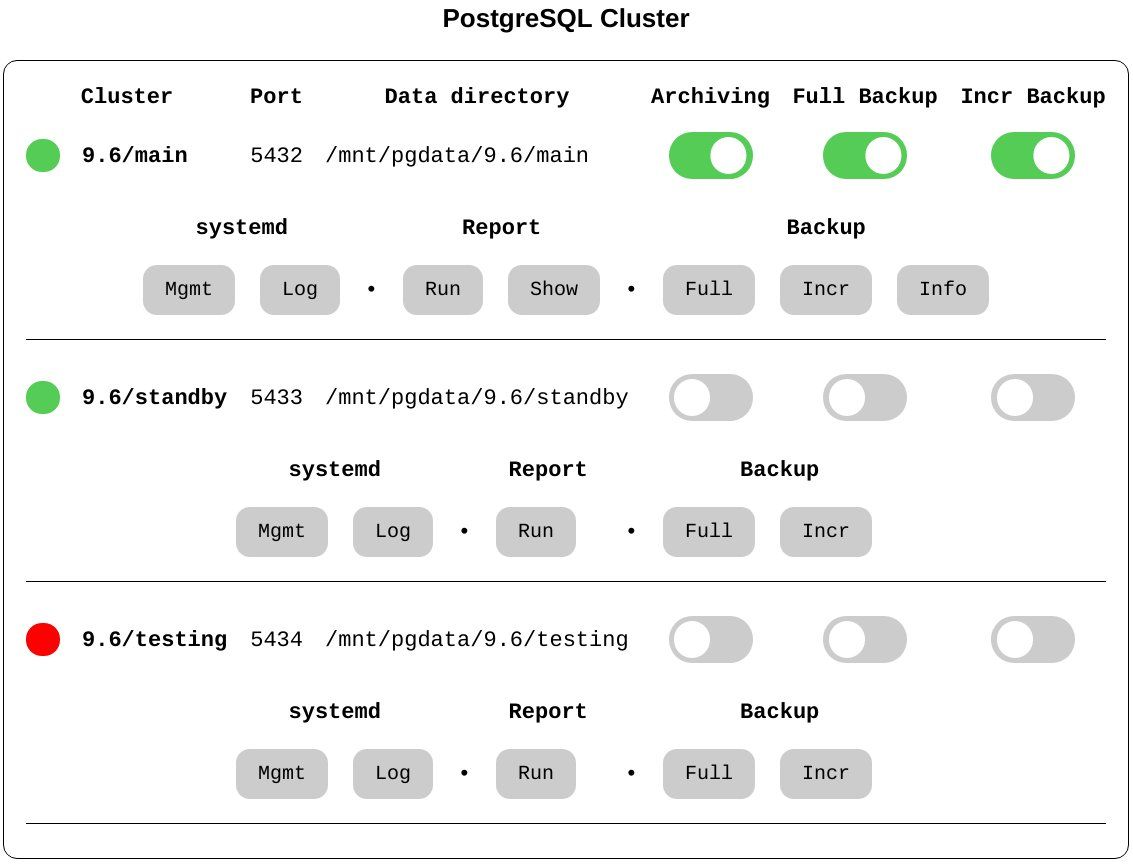
Database administration
To administrate the databases, the Elephant Shed PostgreSQL appliance offers OmniDB.
OmniDB provides convenient access to the databases to be managed. In addition to the administration of users and database objects, it also offers the possibility to ad-hoc queries.
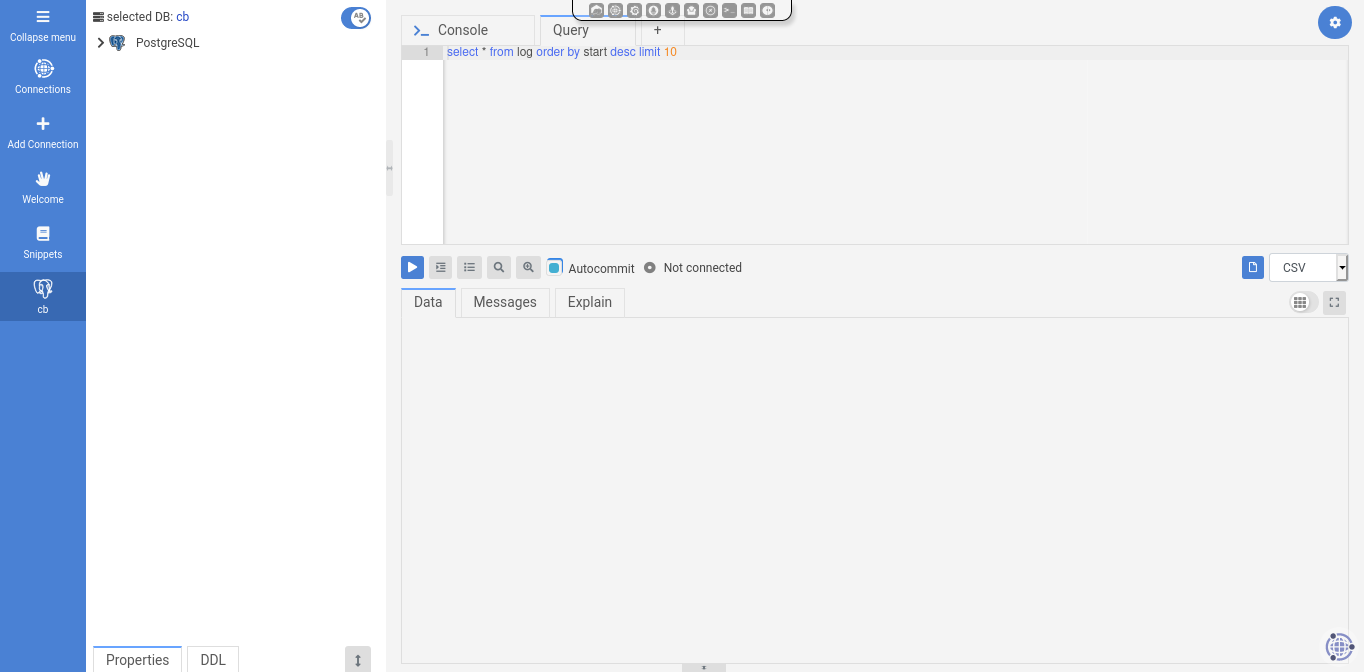
System(d) Management
All important functions to manage the underlying Linux operation system can be managed via the web interface. It allows services to be started, stopped or restarted, log messages to be viewed or the entire operation system to be updated.
All management functions are implemented using the Cockpit web front-end.
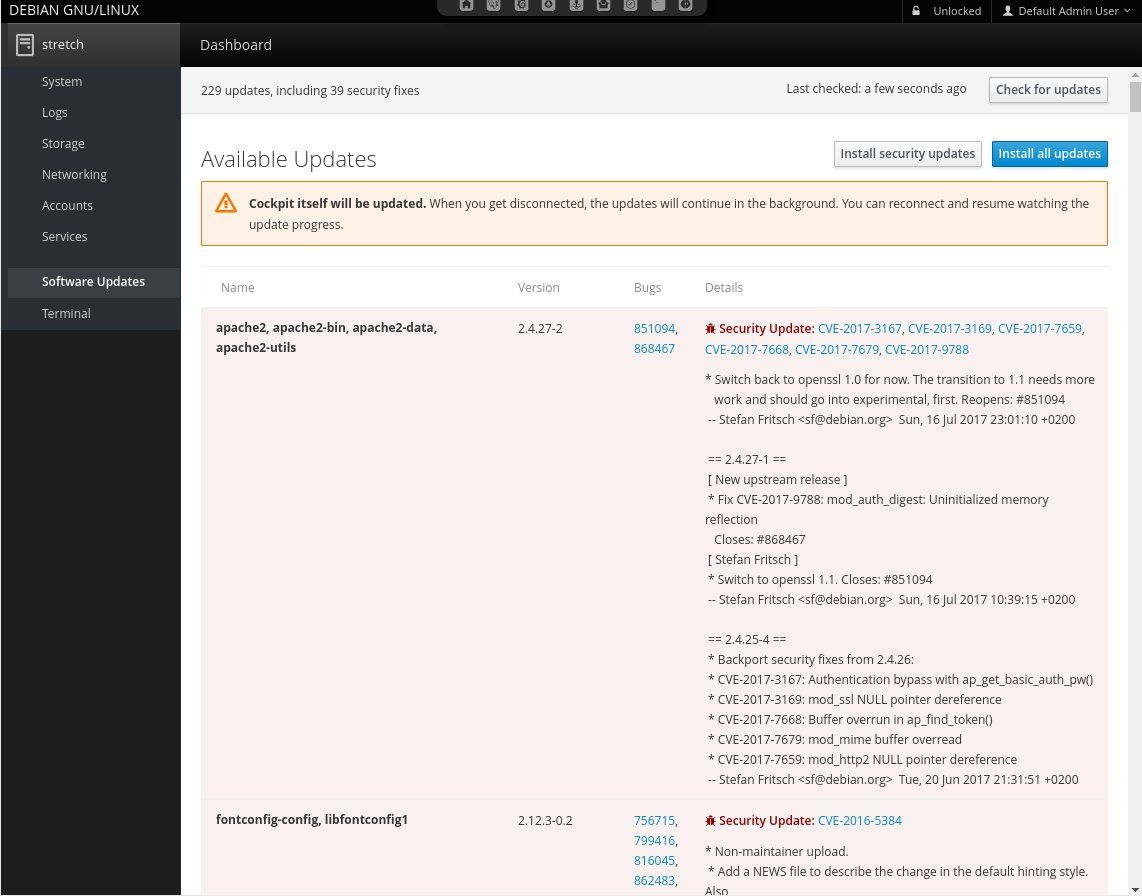
Shell in browser
Also actions that require direct access to the console, can be comfortably handled via the web interface. To do this, a shell is started in the browser. A direct SSH login is not required.
This is realized by the Cockpit Shell Terminal.

Documentation
Software needs to be documented appropriately in order to be useful. Therefore, the documentation for the Elephant Shed PostgreSQL appliance is delivered with the package and can be downloaded via the web interface provided.
Of course, updates are automatically executed and the appliance is kept up-to-date. Wherever possible, direct links to the corresponding modules are provided.
The documentation is also available online, elephant-shed.io/doc.


